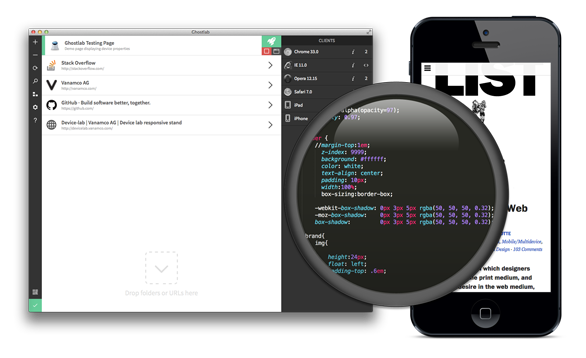

The meanings of the values of the directives used above are as The negotiate scheme will operate as follows:
GHOSTLAB HTTP AUTH WINDOWS
RFC 4559 HTTP Authentication in Microsoft Windows June 2006 The initial WWW-Authenticate header will not carry any gssapi-data. Responds with a "401 Unauthorized" status code, and a "WWW-Īuthenticate:" header as per the framework described in. If an acceptable Authorization header has not been sent, the server

If the server receives a request for an access-protected object, and SPNEGO with the Kerberos and Microsoft(NT Lan Manager) NTLMĤ.1. The current implementation of this protocol is limited to the use of That the specific mechanism type specifies. The "Negotiate" auth-scheme calls for the use of SPNEGO GSSAPI tokens The SPNEGO and Kerberos mechanisms for GSSAPI. In particular, they follow the formats set for The auth-params exchanged use data formats defined for use with the Use of Kerberos is wrapped in an HTTP auth-scheme of "Negotiate". Other aspects of the HTTP/1.1 specification. It uses the augmented BNF section of that document (2.1),Īnd it relies on both the non-terminals defined in that document and , and it builds on the authentication mechanisms defined in This specification is a companion to the HTTP/1.1 specification "SHOULD", "SHOULD NOT", "RECOMMENDED", "MAY", and "OPTIONAL" are toīe interpreted as described in. The key words "MUST", "MUST NOT", "REQUIRED", "SHALL", "SHALL NOT", (SPNEGO) and the Generic Security Services Application Support for Kerberos authentication is based on other previouslyĭefined mechanisms, such as SPNEGO Simple And Protected Negotiate Of the Kerberos v5 protocol for Web applications. Microsoft Internet Explorer (MSIE) and Internet Information Services Microsoft has provided support for Kerberos authentication in RFC 4559 HTTP Authentication in Microsoft Windows June 2006 1. Protected Negotiate (SPNEGO) implementation are not provided in thisġ. This document explains how HTTP authentication utilizes the SimpleĪnd Protected GSS-API Negotiation mechanism. Identity of the principal that has been authenticated) are performed. Optionally, impersonation (the IIS server assumes the windows Selection of Kerberos, the security services of authentication and, "negotiate" is defined here when the negotiation results in the

The Hypertext Transport Protocol (HTTP) auth-scheme of Windows 2000 use Kerberos for security enhancements of web This document describes how the Microsoft Internet Explorer (MSIE)Īnd Internet Information Services (IIS) incorporated in Microsoft Distribution of thisĬopyright (C) The Internet Society (2006).

Not specify an Internet standard of any kind. This memo provides information for the Internet community. SPNEGO-based Kerberos and NTLM HTTP Authentication in Microsoft Windows differentiating between the 3 tokens is so difficult that i recommend resorting to a scripting language instead.RFC 4559: SPNEGO-based Kerberos and NTLM HTTP Authentication in Microsoft Windows Įrrata Exist Network Working Group K. but instead of bothering to find the correct combination of required cookies, i think it would be better to just let curl handle cookies automatically, eg -cookie-jar and -cookie (then all of the cookies should be correct) - further more, there is 3 different authenticity_token's on the login page, are you sure you fetch the correct one? maybe your problem is that you're fetching the wrong token. data-urlencode "authenticity_token=$ exactly? in my tests, there were 4 cookies from the login page, 3 of which looks like tokens, it wouldn't surprise me if at least 1 more cookie other than the _gitlab_session cookie was required for logging in successfully. H 'Accept: text/html,application/xhtml+xml,application/xml q=0.9,image/webp,image/apng,*/* q=0.8' \ H 'Content-Type: application/x-www-form-urlencoded' \ get me the authenticity_token from the login form.get me the _gitlab_session from the headers.curl the user login page with curl -i -s.
GHOSTLAB HTTP AUTH PASSWORD
For testing a command line tool against a Gitlab instance in Docker, I would like to login to Gitlab using username and password and grab the created session to authenticate my API requests.


 0 kommentar(er)
0 kommentar(er)
